As caretaker of the game’s treasure chest, Jay Shah might be the most powerful man in cricket ever — no W.G. Grace, Don Bradman or Sachin Tendulkar can match his combination of political, filial and financial heft.
Jay Shah, 35, is a year younger than India captain Rohit Sharma. We know little of his cricket skills or acumen. We do know a bit about his cricket knowledge, though. In a recent interview he said, “In Australia and England, every international player does not play domestic cricket.”
If they are not reacting in Australia and England, it is because Shah is getting ready to take over as Independent Chairman of the International Cricket Council (ICC), and it won’t do to upset the most powerful man in the game. Actually, he is already the most powerful, as secretary of the Board of Control for Cricket in India (BCCI), and son of India’s Home Minister. As caretaker, in a sense, of the game’s treasure chest, he might be the most powerful ever — no W.G. Grace, Don Bradman or Sachin Tendulkar can match his combination of political, filial and financial heft.
Jay Shah says he will ensure Test cricket remains priority on being elected ICC chairman
Shah will be anointed on December 1 before which he has to quit as the BCCI secretary. Rohan Jaitley, another from the BJP stable of sports administrators and son of a former Minister is likely to succeed him.
Of course it is an honour for India etc., as anyone, especially players who wish to remain on the right side of authority, will tell you. Even inevitable, you might say. I mean, look at the Nadellas and Pichais and Ajay Bangas. Cricket is a billion-dollar business too, and how appropriate that it should now officially be run by the ICC in India rather than India in the ICC.
Shah’s comment came a few months after stating that top Indian players would be available for the domestic tournament. Then he changed his mind, saying, “We should not insist on players like Rohit and Virat playing in the Duleep Trophy. They will risk injury… We have to treat the players with respect.”
One-man authority
The suggestion that those who play the Duleep Trophy beginning this week are not being treated with respect may be a mischievous interpretation. But will the one-man deciding authority in the BCCI (despite its various committees) see himself as the one-man deciding authority in the ICC too? Will the chairman’s voice tolerate other voices? Will he see the ICC as an extension not just of the BCCI but of the government of India, like the BCCI itself currently is?
Ishan Kishan, Shreyas Iyer exclusion from central contracts was chief selector Agarkar’s call: Jay Shah
Cricket has much on its plate. With the domestic T20 and T10 franchises getting more powerful, private ownership might decide its future direction. In 2028, cricket re-enters the Olympics. Disney Star, who hold the rights for ICC’s global events, are apparently seeking a reduction in the $3 billion deal.
Then there is the Pakistan question. There is no sign of a thaw in relationship to suggest bilateral series with India. The ICC’s interests, at least theoretically, are ruled by cricket and not by politics. What is good for India might not be good for world cricket, and vice versa. Other Indian chairmen have used the power of Indian cricket to cut through the occasional feeble objection. N. Srinivasan is a good example. Money talks in cricket with an Indian accent.
The argument that England and Australia bullied their way through when they ran world cricket and now it’s India’s turn merely acknowledges that whoever is in charge can ride roughshod over the rest. Still, the optimists will be hoping for more discussion-based decision-making, and greater attention to the smaller countries, even if international cricket seems to

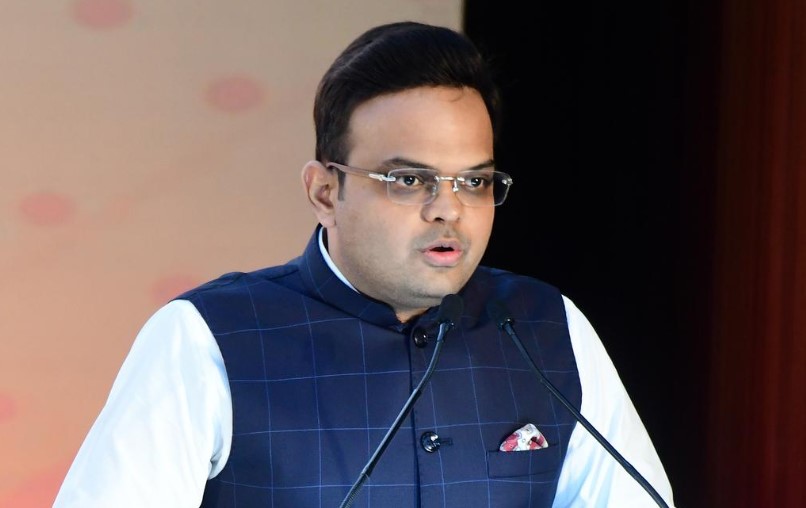


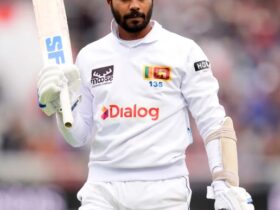

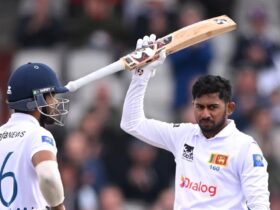

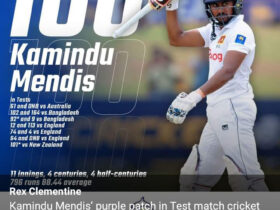
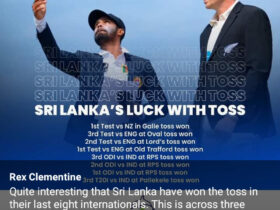
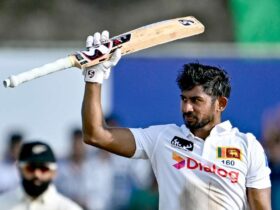
Leave a Reply